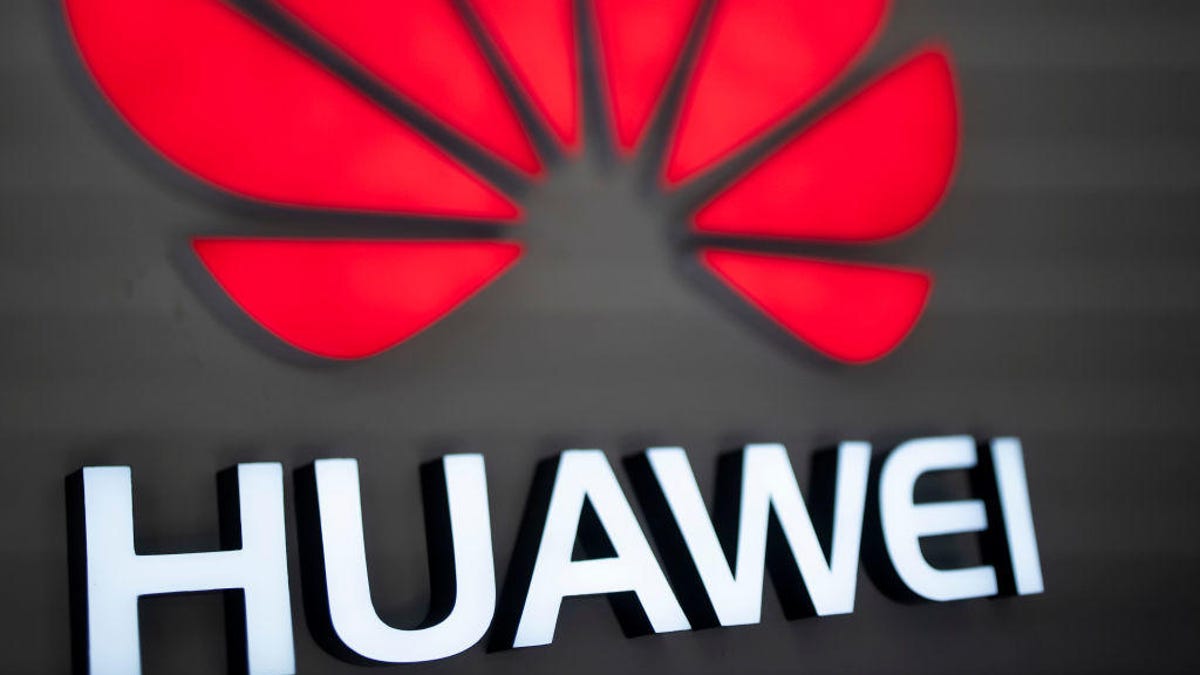Colleges reportedly drop Huawei equipment to appease Trump administration
The universities are trying to avoid losing funding under the National Defense Authorization Act, according to Reuters.

Huawei is among the Chinese companies whose equipment is reportedly being dropped by US colleges.
Major US colleges are reportedly replacing equipment made by Huawei and other Chinese suppliers to escape the Trump administration's wrath.
Schools all over the country responded to President Donald Trump signing the National Defense Authorization Act last August by changing their relationships with Chinese companies, Reuters reported on Jan. 25.
The University of California, Berkeley, for instance, removed a Huawei videoconferencing system, and UC Irvine is replacing five pieces of Chinese-made audio-video equipment, according to Reuters.
"The University of California was directed to inventory and cease use of Huawei and ZTE equipment in response to national security concerns coming from Congress and other sources," a spokesperson from the Irvine campus said in an emailed statement. "UCI is tracking this risk and identifying strategies to address it."
The University of Wisconsin Madison confirmed its reviewing contracts and systems to comply with the NDAA. So far, the university hasn't identified any equipment from companies banned by the NDAA, said a spokesman in an emailed statement, but it'll continue to audit its campus-wide IT systems.
UC San Diego decided last August that it wouldn't accept funding from or make agreements with Huawei, ZTE and other Chinese companies for at least six months, the outlet reported, citing an internal memo. In a Jan. 31 email, the college confirmed that it's aware of the NDAA requirements.
"We are currently evaluating if any such equipment is a substantial or essential component of any system or is a critical technology as part of any system," a spokesperson wrote. "If such equipment is identified, it will be removed in accordance with the requirements of the law, implementing regulations or government contract terms."
ZTE declined to comment, while Huawei didn't respond to a request for comment. The University of California at Berkeley and UC San Diego also didn't respond.
A provision of the NDAA bans federal funding recipients from using equipment made by Huawei, ZTE and less prominent Chinese companies including Hikvision, Hytera and Dahua Technology. US intelligence officials have questioned the security of Huawei products, and allege that Chinese telecommunications companies make equipment that lets their government spy on foreign users.
Last week, the Associated Press reported that Britain's Oxford University said it's suspending research grants and funding donations from Huawei.
First published Jan. 24, 6:51 a.m. PT.
Updates, 11:35 a.m.: Adds confirmation from the University of Wisconsin; Jan. 25 at 1:39 a.m.: Includes UC Irvine comment and that ZTE declined to comment; Jan. 31 at 8:17 a.m.: Adds UC San Diego comment.
Huawei Honor View 20 review: The first standout phone of 2019.
Huawei fights to stay in US: Its laptops and tablets get a showing at CES.

